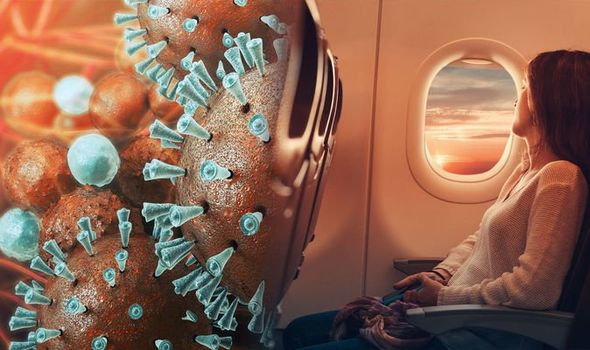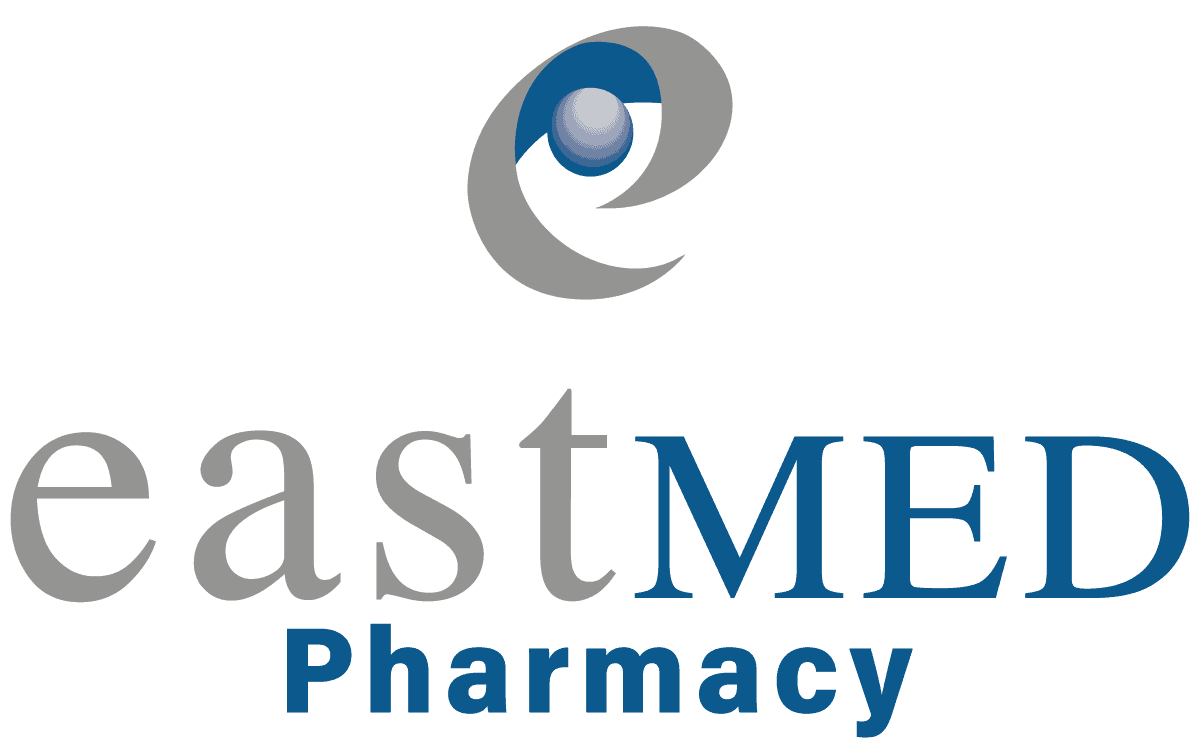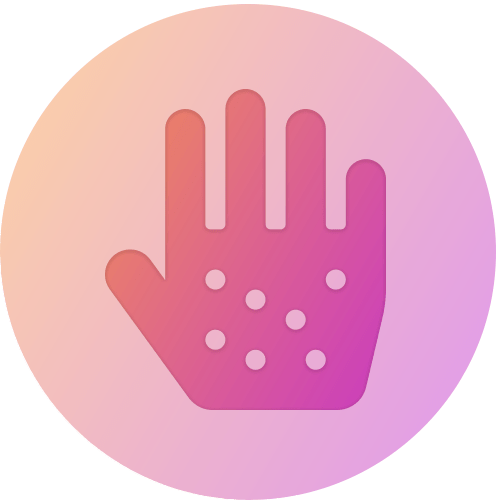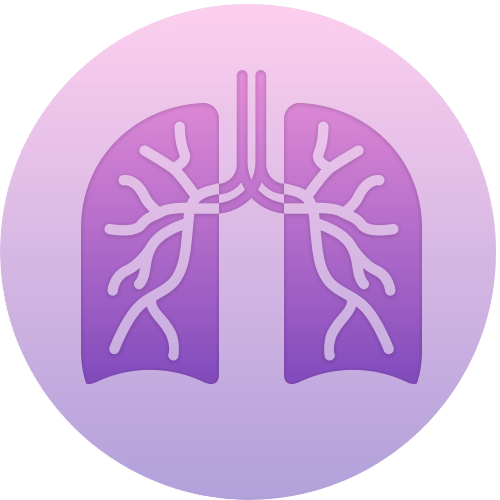Is it safe to travel during the coronavirus outbreak??

Given the fact that cases of the coronavirus are slowly spreading out (at a relatively slow rate) from the epicentre in Wuhan, China, we are now seeing many more countries such as the US and Australia taking extraordinary measures of banning flights between the US and China and sending evacuation flights returning their citizens from Wuhan for isolation. I’m not surprised that many holidaymakers are relatively concerned about the risk of catching the deadly virus during their travel.
I’ve had quite a few of you email and call me last week asking me if you should postpone or cancel upcoming trips. As of the 12th February, the New Zealand government has reviewed their travel advice for China, and now advise that New Zealanders do not travel to China due to the outbreak of novel coronavirus and the associated health risks and travel restrictions.
There are several airlines that have already temporarily reduced or stopped flights to and from China. So, if you already have plans to travel to China or if you have family or friends that are currently stranded in China, please contact your airline to confirm travel arrangements.
It would also be wise to consult your travel agent or provider as they would have the most up to date information about flight availability or cancellations.
Anyway, questions about whether to continue travel plans to other parts of the world are well worth asking. Look, I’m no infectious disease specialist – however, I’ll attempt to answer this from a scientific perspective and by also dissecting this question into two parts of “worries” most of you have. The first part is worrying about picking up the virus at the destination you are heading to. Secondly, is stressing whether you’ll be at risk of catching the virus on the plane while on-route to your destination.
Let’s look at your chance of picking up the virus at the destination. To date, there are 441 confirmed cases outside of China over 24 countries. Even though the number of cases is growing at a relatively slow rate outside of China, the majority of the cases still occurs in the epicentre.
This means that unless you are travelling to China or constantly in contact with people who have travelled to Wuhan in China and are infected with the coronavirus, your chance of catching it is still relatively low in comparison that includes areas where there have been exported cases.
There is simply no evidence to suggest travelling to other countries with confirmed cases of the virus will increase your chance of catching it. Say, if you are travelling to a destination with an extremely low number of cases relative to its population, your chance of coming across with an infected individual would be extremely low.
Even if you walking by an infected person or being briefly in the same room, according to the United States Occupational Safety and Health Administration, it does not constitute a risk.
Sometimes it’s not just about the destination – it is more like the people you will be in contact with.
Because ultimately, if you come in close contact with someone who has been to China and has tested positive of the virus and you do not follow WHO advice of protecting yourself with frequent hand washing and wearing an N95 face mask correctly, regardless of where you go, your chance of catching the virus will increase significantly.
On the contrary, if you been to China and never come in close contact with anyone infected with the virus, then your chance of getting infected is also relatively low.
A lot of people may wonder, is it dangerous to fly with a suspected infected passenger? Before we dig deeper, always remember the simplest way to not get infected with any virus is to be vigilant and keep away from anyone who looks unwell and practice hand hygiene.
According to the Centres for Disease Control (CDC) research, the risk of spreading infection between passengers in plane travel is considered “medium” if you are seated within six feet of the asymptomatic traveller with confirmed coronavirus infection. This distance is roughly equal to 2 economy seats in each direction.
Your risk is considered “low” if you sat in the same or adjacent rows but further away from the infected individual.
While everyone else on the plane is considered as “no identifiable risk”.
Obviously there is definitely a lot of attention focused on flying with infected individuals. However, to me, the danger lies before and after you board your flight.
I personally believe the riskiest place is actually at the airport. Think about this, there are thousands of people from all over the world that enter and exit the immigration and security checkpoints each day. Some research has identified that the trays used at the security checkpoint are the most dangerous items most susceptible to contamination. So once again – wash you hands or use hand sanitiser after touching any items that public have access to.
One of the interesting things I notice when I’m travelling is how many people that love queuing up at the boarding gate, desperately wanting to board the aircraft as quickly as possible so that no one will steal their hand-carry space at the overhead storage area.
Quite frankly, I wouldn’t do that because that is the time when you’ll be in each other’s personal space which can increase your chance of catching something. My advice is to slow down, take it easy and hang back during the boarding process. The advantage of boarding last or the last group to board is that you can scan through the whole aircraft to see whether anyone of your fellow passengers look out of the norm.
I’m sure after this email, many of you would still be very much worried about travelling during this interesting time but are reluctant to postpone or cancel your trip because it was the holiday or break that have you looking forward to for the past 6 months. You simply won’t be cancelling it that easily! So how should you protect yourself? Should you consider wearing a face mask?
Look, my answer may not be as conventional as what some of the experts have been saying – how it’s a waste of time wearing a mask because the majority of people don’t wear it properly anyway. Well, unfortunately, I disagree with this argument.
Yes, to a certain extent, the airborne coronavirus may still very well be able to penetrate the normal 3 ply layered surgical face mask. However, it still provides some protection and is better than not wearing one.
There are two purposes of wearing a surgical face mask. Firstly, it is designed to keep out the liquid droplets from the sneeze or cough generated by an infected person if you ever come in close contact with them.
Secondly, if you have a respiratory infection, wearing a mask helps protect the people around you from illness by reducing the risk that you will spread the infection.
I understand why most “experts,” say that surgical masks are useless because they are not closefitting enough to filter all the air you are breathing in.
Experts recommend washing your hands frequently throughout the day. Avoid touching your face, and maintain a distance from anyone who is coughing or sneezing.
At the moment, the risk of infection with the new coronavirus in NZ is way too low for the general public to start wearing a face mask.
But if you are travelling to an area where there are confirmed cases of the coronavirus or a place that is socially acceptable to wear a face mask in public or simply you are not feeling well at all, then it would not be a bad idea to do so.
At the end of the day you have nothing to lose, right? And if your intentions are good, I’m sure everyone would be civilised enough to be supportive of your decision and not show prejudice towards you because you are just taking the necessary steps to protect yourself and the people around you.
Once again, I know that some of you may be worried about travelling while the coronavirus outbreak is still developing – I’m happy to have a chat with you and to go over any concerns you may have.
To you and your family’s health,
Chris Pharmacist


















